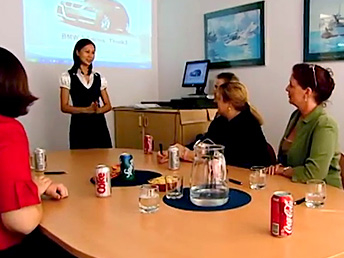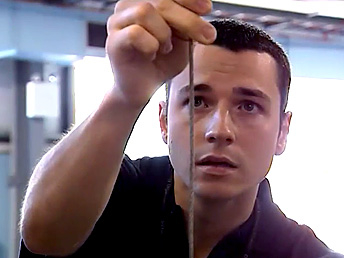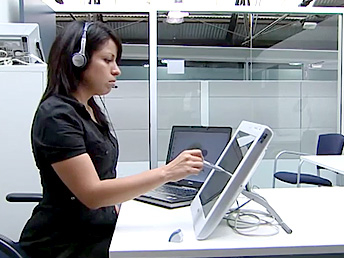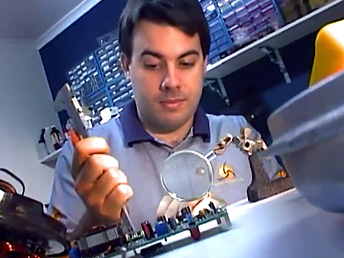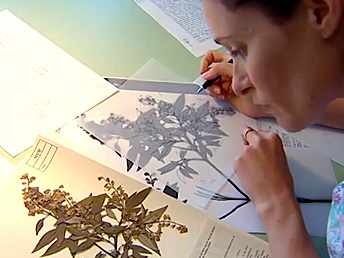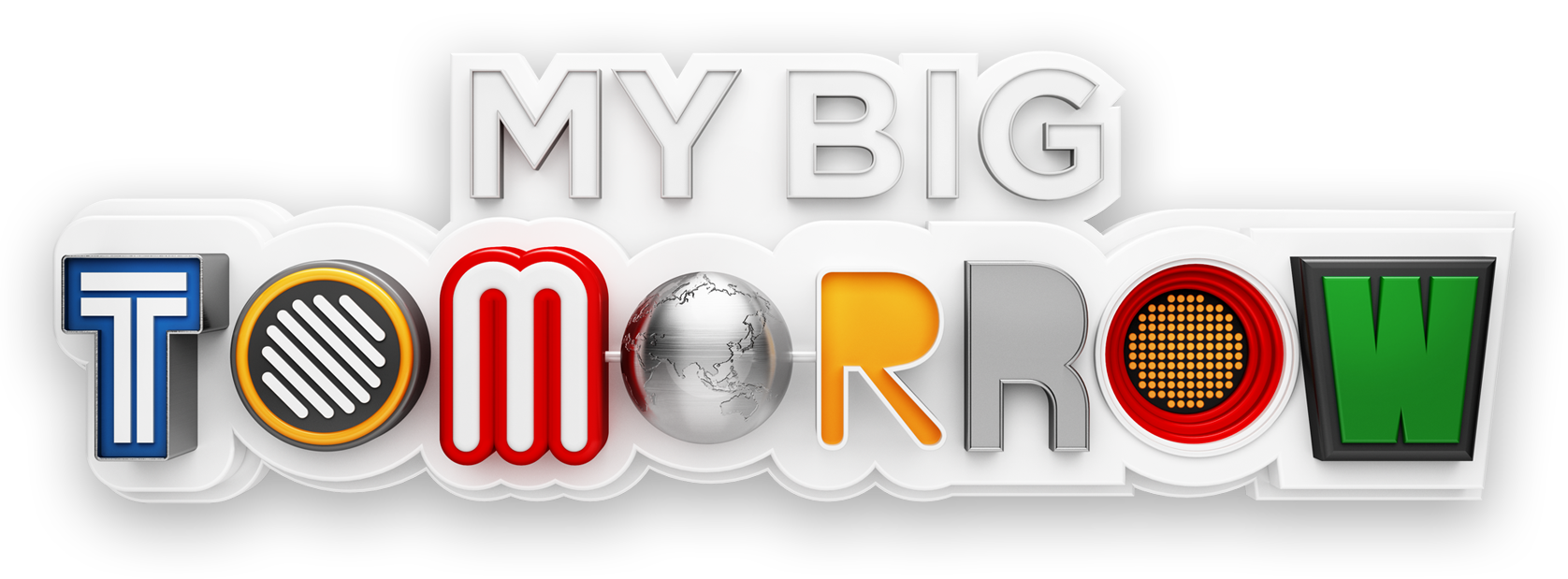
Industrial Designer
As an industrial designer you will develop the concepts for manufactured products that people use every day like cars, telephones, toys and furniture.
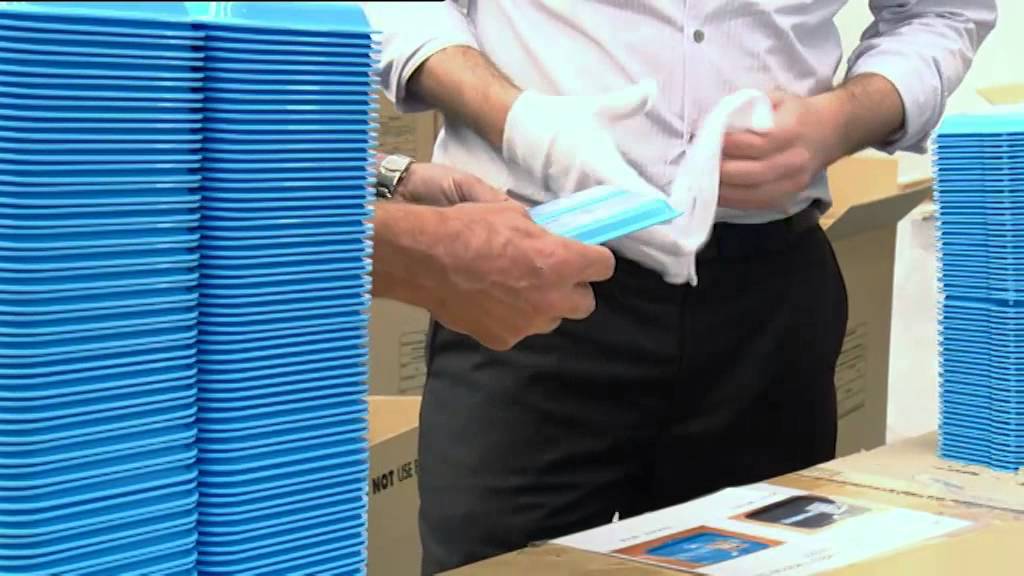

What the job looks like
Salary expectation
starts at $39,974 up to $78,107+

The good
- Work on different projects every day
- Improving a product to make it better
- Coming up with a new design
- Being creative
- Working with lots of other people
- Working across all different areas like design, marketing, testing, research and technology
The not so good
- There is never enough time to explore and discover things
- Some products can be unsuccessful
As an industrial designer a big part of your job involves working with other professionals to help bring your concept to life.
Once you have researched and sketched a particular design, an engineer might look at it to make sure the design will work, someone in production might check that it can be produced at a reasonable cost and then marketing might test your product with consumers before promoting it. As you can see, a lot more goes into industrial design than just drawing.
Research is a big part of your role that involves finding out who would use your product and how it would be used. This might involve running small focus groups and asking them questions. You would then use maths to graph the results. This information will inform the rest of your design. There is also a technical side to industrial design. You can turn one of your sketches into a three-dimensional design using computer assisted design programs. You might also run or program the machines that build your product.
English and good communication skills will come in handy when putting together presentations or reports for clients to present your product.
It's about thinking through a product and making sure it's easy to use and create.
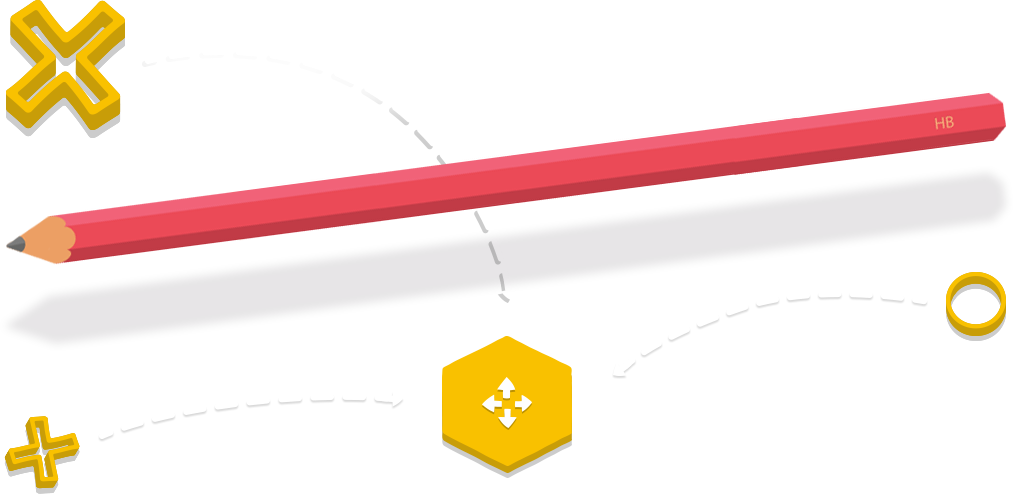
Pathways to this career
Subject suggestions for the HSC
Choosing your HSC subjects from this list could really help with your career. Think carefully about what you want to study after school as you might need to choose specific HSC subjects for that course and to count towards your ATAR (Australian Tertiary Admission Rank). An ATAR is your academic rank in relation to other HSC students and helps with University admission.
HSC subjects
Some subjects will count towards your ATAR, others will not. Check with your career advisor before making subject selections.
- English (Standard or higher)
- Mathematics (2 unit or higher)
- Engineering Studies
- Industrial Technology
- Design and Technology
- Information Processes and Technology
- Visual Arts
What can I do after I have finished school?
University degrees
Studying one of these degrees can help with your career.
- Bachelor of Industrial Design
Alternative entry pathways
You can start a career pathway without the required ATAR by enrolling in a foundation program.
- Diploma of Industrial Design
Suggestions
Check out Design Institute of Australia for more information
- You need to have real curiosity about how things are made before you even consider doing a degree or course
- Take an interest in everything around you and always be thinking about creative solutions to problems that you can see
- Keep a sketch book of ideas
- Go to career expos and events like Open Day to find out more information about what you will study
